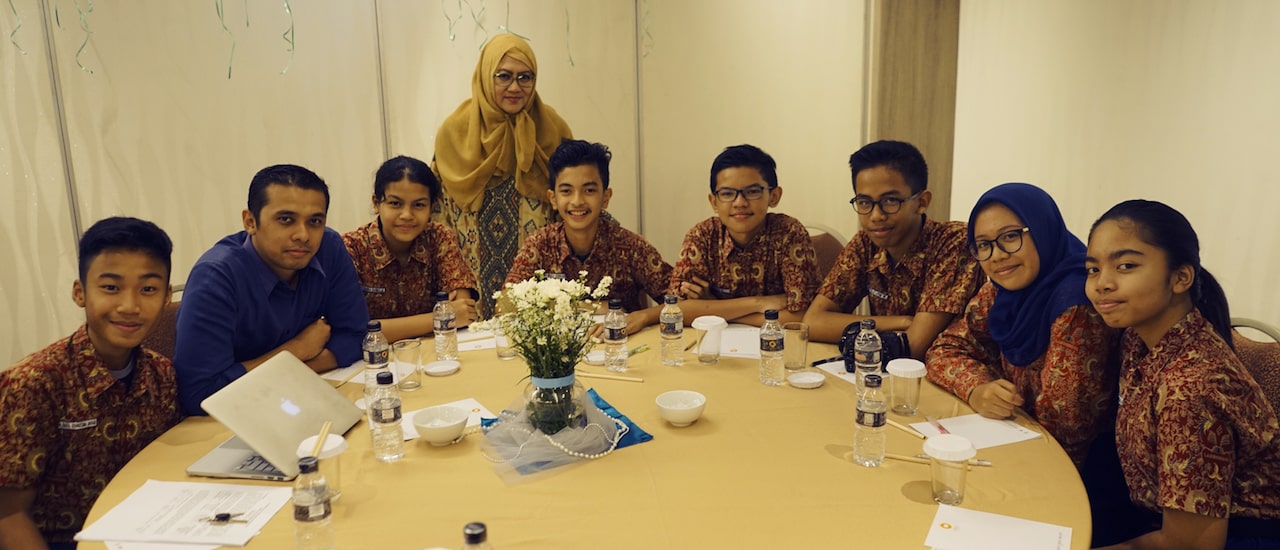Today’s guest post is from Bhredipta Socarana, an Intellectual Property lawyer based in Indonesia and a Youth@IGF Fellow.
As one of the most populated countries, Indonesia has grown as one of the biggest markets for technology development. From the import of various over-the-top platforms to the implementation of Artificial Intelligence, technology has changed the Indonesian livelihood, including my own. This is also the case for Internet of Things (IoT).
As an emerging country, Indonesia admittedly has not been an advance player in responding to technology improvement. Despite the heavy invasion of technology-related products, many Indonesians have homework to do, especially for IoT. The business player needs to be aware of the responsibility of manufacturing and distributing IoT, while the public must also be aware of the various risks that they may be exposed to using IoT products.
Through the rapid development of technology and the intention of the Indonesian government to push the public to enter the “Industrial Revolution 4.0,” it will be mostly impossible to prevent penetration of IoT to our life. This leaves the public with the need to get smart with IoT.
Privacy and cybersecurity are among the issues revolving around IoT, and the need to have a safer and reliable IoT becomes more relevant as our private life becomes connected to the Internet.
The Indonesian public must realize that safety should start with themselves. Taking preventive measures as the initial step in using IoT can never go wrong. It starts when an IoT purchase is made.
As a lawyer specializing in intellectual property and information technology law practice, I am accustomed to the risks of using counterfeit products: from losing money, being attacked by ransomware, to not being able to claim after-sales warranty, just to name some. Furthermore, in terms of operation, terms and conditions related to IoT usage must also be understood. This could include giving the device and its apps permission to record, to track, to store, and other activities involving our privacy. Ultimately, users need to know their rights and have the relevant authority to ask help, if something goes wrong.
As such, a collaborative effort must be made in Indonesia. We must get smarter in choosing and operating IoT, and these efforts must be made by everyone who has a stake in its security: government, business, as well as the public.
The connected future is here. Imagine the possibilities. #GetIoTSmart
Photo of the Indonesia Jakarta Chapter during the Internet Society’s 25th anniversary celebration
